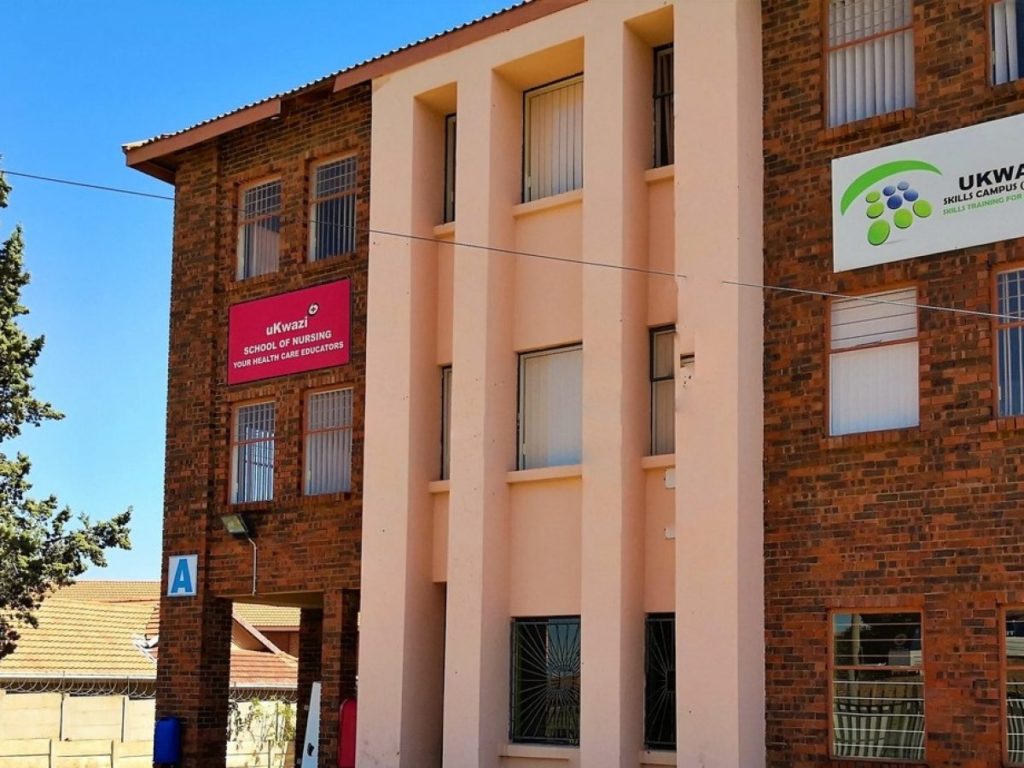Ukwazi School of Nursing Fees 2024

Ukwazi School of Nursing Fees 2024. Before confirming your modules for registration, it is critical to calculate the total cost of your courses at Ukwazi School of Nursing.
The amount of courses you can register for is determined by your financial position. Costs at the Ukwazi School of Nursing vary based on your degree, the amount of modules you take, and other factors, but they generally comprise mandated student fees (including registration fees), course fees, registration fees, miscellaneous fees, and fees for supplementary study materials.
The school’s annual intake is usually held in January of each year. Anyone interested in being admitted to the school can fill out the application form and contact the school for more information.
Additionally, each candidate will be able to obtain an information booklet that outlines the dates of new intakes, fees payable, course content, and so on via fax, email, or personal collection.
During the online registration procedure, you can select your courses and compute your fees.
The School Fees Structure, Fees Brochure, Course Fees, and Registration Fees for 2024 have been announced by the Ukwazi School of Nursing.
Ukwazi School of Nursing Fees Structure 2024
Below are the prescribed fees for the various undergraduate modules and degrees, together with the payment dates and minimum fees due by those dates.
Here is How Much Ukwazi School of Nursing Fees Cost
College Fees
Diplomas:
- Post Graduate – R6000 Per Annum
- 4 Year Diploma – R6000 Per Annum
- Bridging Programme for Enrolled Nurses
- 1st Year R3000
- 2nd Year R4000
Post Registration Programmes:
- 1 Year Diploma in Midwifery – R6000 Per Annum
- 1 Year Diploma in Community Nursing Science – R3000 Per Annum
Enrollment Programmes (Certificate Courses):
- Enrolled Nursing Auxiliary – R 3000 Per Annum
- Enrolled Nursing –
- 1st Year R3000
- 2nd Year R4000
Financial Aid and Funding for nursing students:
Funding is provided to the following private nursing students:-
- EC Department of Health;
- Health and Welfare SETA for Learnerships; and
- Employees from both public and private sector (Study leavers) to provide own funding for studies
Course Structure: The College provides the following fulltime Programmes:
Post Basic Diplomas: One Year: R212
- Clinical Nursing Science, Health Assessment, Treatment and Care (PHC),
- Child Nursing Science,
- Orthopaedic Nursing,
- Ophthalmic Nursing,
- Midwifery and Neonatal Nursing Science (Centralised and Decentralised (DPAM),
- Critical Care Nursing,
- Operating Theatre Nursing
- Community Nursing Science,
Basic Diplomas:
- Diploma in Nursing (General. Community, Psychiatry) and Midwifery: Four Years: R425
- Diploma in General Nursing Science (bridging Course): Two Years: R683
- Diploma in One Year Midwifery: One Year: R254
Certificate Programmes:
- Enrolled Nursing (EN): Two Years: R2175
- Enrolled Nursing Auxiliary (ENA): One Year: R2176
Short Learning Programmes:
- Anesthesiology for all categories of nurses (4 weeks)
- Primary Health Care (6 weeks)
- HIV/AIDS and TB Management Certificate (8 weeks)
CHECK THIS OUT :
♦ University Rankings in South Africa 2024 [Univ of Cape Town is 2nd ]
♦ High Schools in Durban, 2024 [ Durban High School is 2nd ]
♦ Private Schools In Johannesburg [ St. Martin’s is 3rd ]
♦ South African Universities With The Best Academic Performance
♦ Best High Schools in Johannesburg [ St John’s College is 2nd ]
Credit : Newshub360.net
